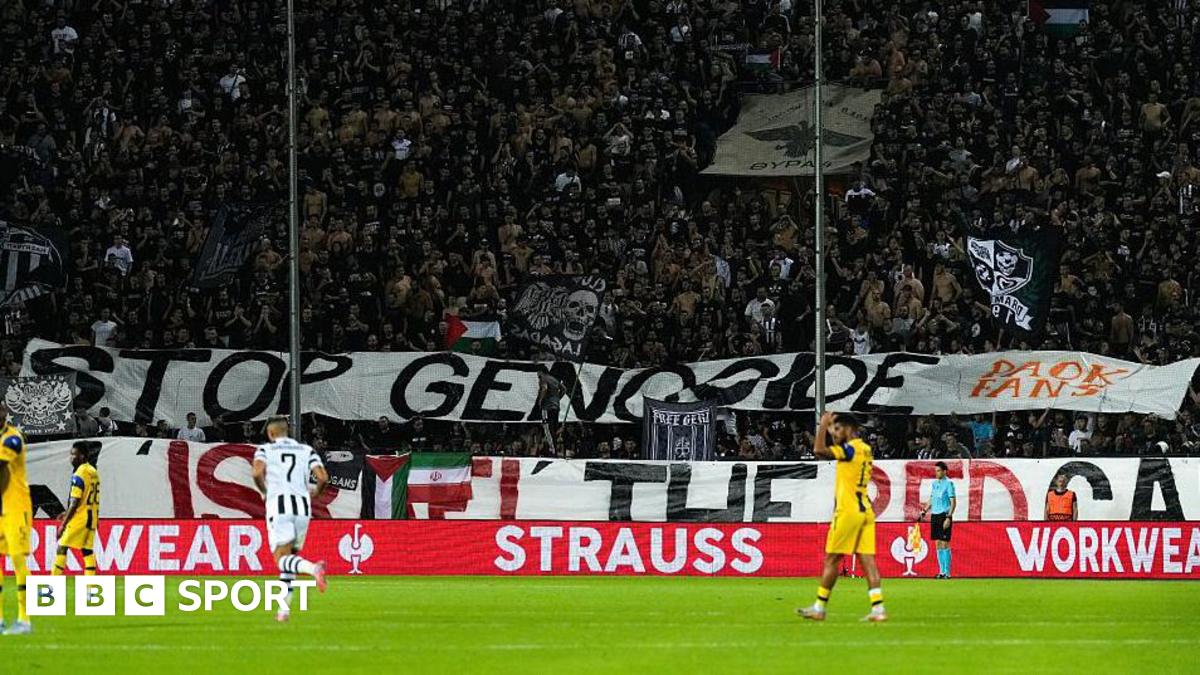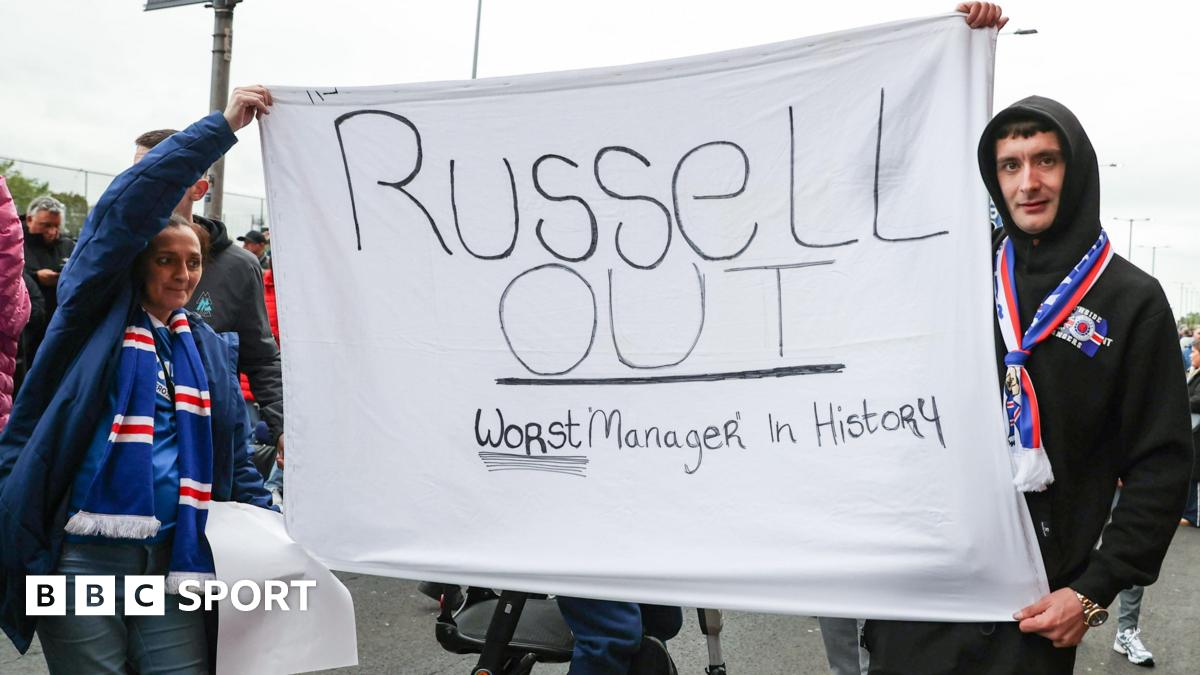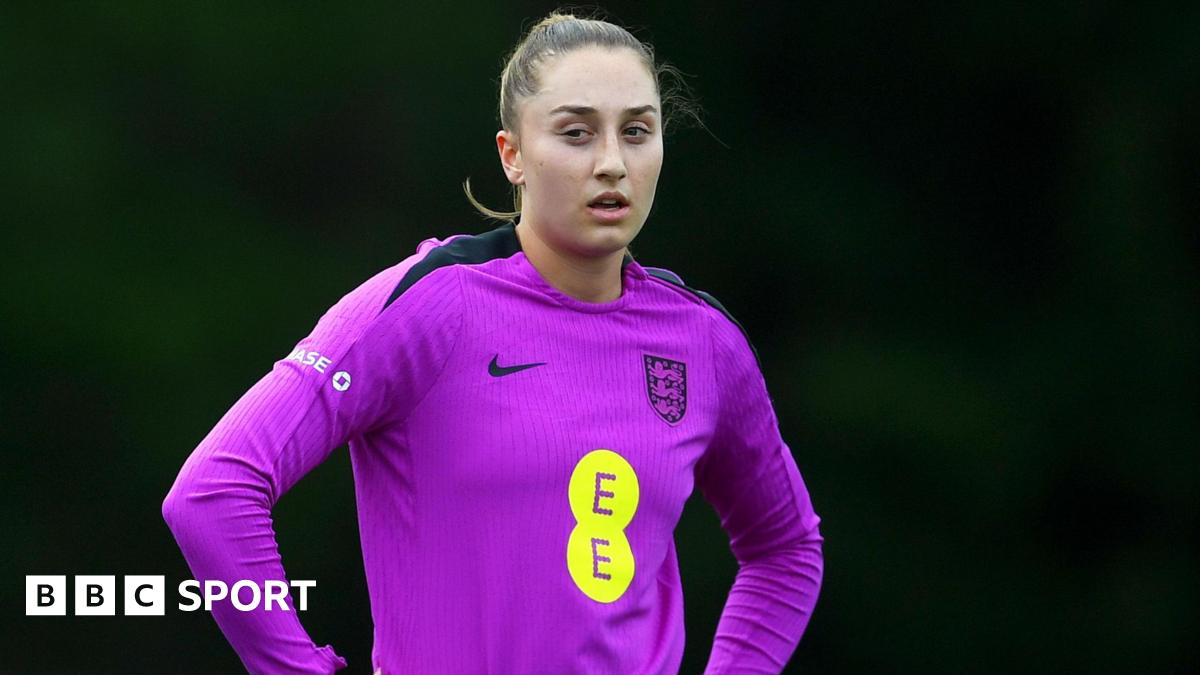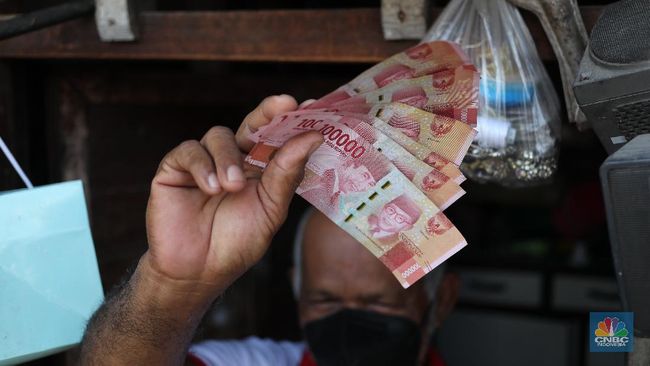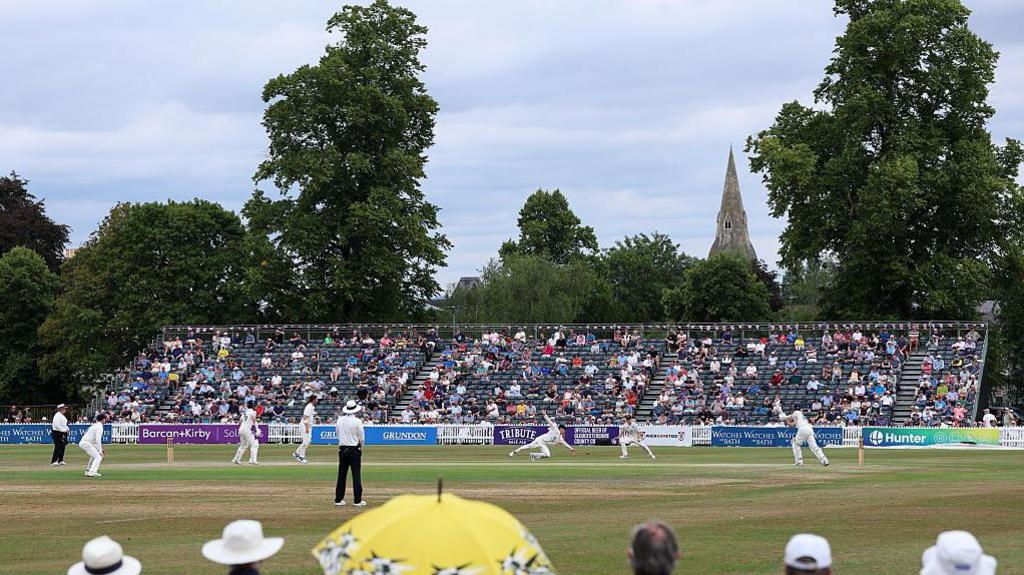 Image source, Getty Images
Image source, Getty Images
The County Championship will remain as it is for next season, with each side playing 14 matches in 2026
Professional Cricketers' Association chief executive Daryl Mitchell has not ruled out the possibility of players taking strike action after proposals to reform the County Championship were rejected.
On Tuesday, counties voted to retain the current two-divisional structure with each team playing 14 matches, rather than changing to a 12-team top flight of 13 matches per side.
The PCA had advocated for a cut to 12 matches, but supported the 13-match proposal in order to protect player welfare.
Speaking to BBC Radio 5 Sports Extra on Thursday, Mitchell said he was "disappointed and disheartened" by the outcome of the vote.
The former Worcestershire captain added: "We will be led by the players. The WhatsApp group last night was pretty animated and there were some high emotions.
"We are a union. I don't think any union would rule out the possibility of strike action if their members wanted it. We are completely at the behest of our members on that. We will have those conversations if they are deemed necessary by the player reps and our members.
"I don't think that's where we'd like to get to. It would have a negative impact on the counties and a negative impact on the game, and that's not something we're seeking to do.
"It's not something that has been discussed in great detail. It's also something that is very easy to say and more difficult to execute because there are implications. Players not being paid is one, the amount of members that would need to vote is another. At this stage I don't think it's something we would look to encourage."
The vote on the structure of the Championship ended a lengthy review of the domestic summer conducted by the counties.
A revamp of the Twenty20 Blast, cutting the competition from 14 groups games to 12 and bringing finals day earlier in the calendar, was agreed earlier this summer.
Consensus on the Championship has been much more difficult to find. Various ideas on the divisional structure and number of games were put forward, until it became clear a 12-game model - favoured by the PCA - would not find support.
The 13-game proposal involved a 12-team top flight, split into two groups of six. The teams in each group would play each other twice, to give 10 matches. The top three in each group would then play off for the Championship, and the bottom three from each would battle to avoid relegation. The remaining six counties would be in a second tier, with two promotion spots up for grabs.
In order to enact change, a majority of 12 of the 18 counties were required to vote for a new structure.
The vote returned a result of nine votes for change and nine against, meaning the status quo remains. The top tier of the Championship will continue as 10 teams, the second tier will have eight teams and each county will play 14 matches.
"The over-riding view from players was that the county schedule is not fit for purpose and change was definitely sought by the majority of our members," added Mitchell.
"There are polarised opinions across the game. Some counties wanted 10 Championship matches, others were adamant that 14 was the minimum they wanted."
Mitchell said not every playing group from the 18 counties wanted a reduction in Championship matches - five sets of playing staff told the PCA they were in support of a 14-match season.
The initial aim of the review was to settle on a schedule that would be kept until the 2031 season, but Mitchell believes the issue will have to be revisited sooner.
"I don't think many of the counties will want to put up with it until 2031," he said. "That was already rowed back on in meetings I was in. I'm pretty sure that this will rumble on.
"All the counties will have their opinions on what is best for the game. Coming together and trying to find a better solution is really important."

 3 hours ago
1
3 hours ago
1









